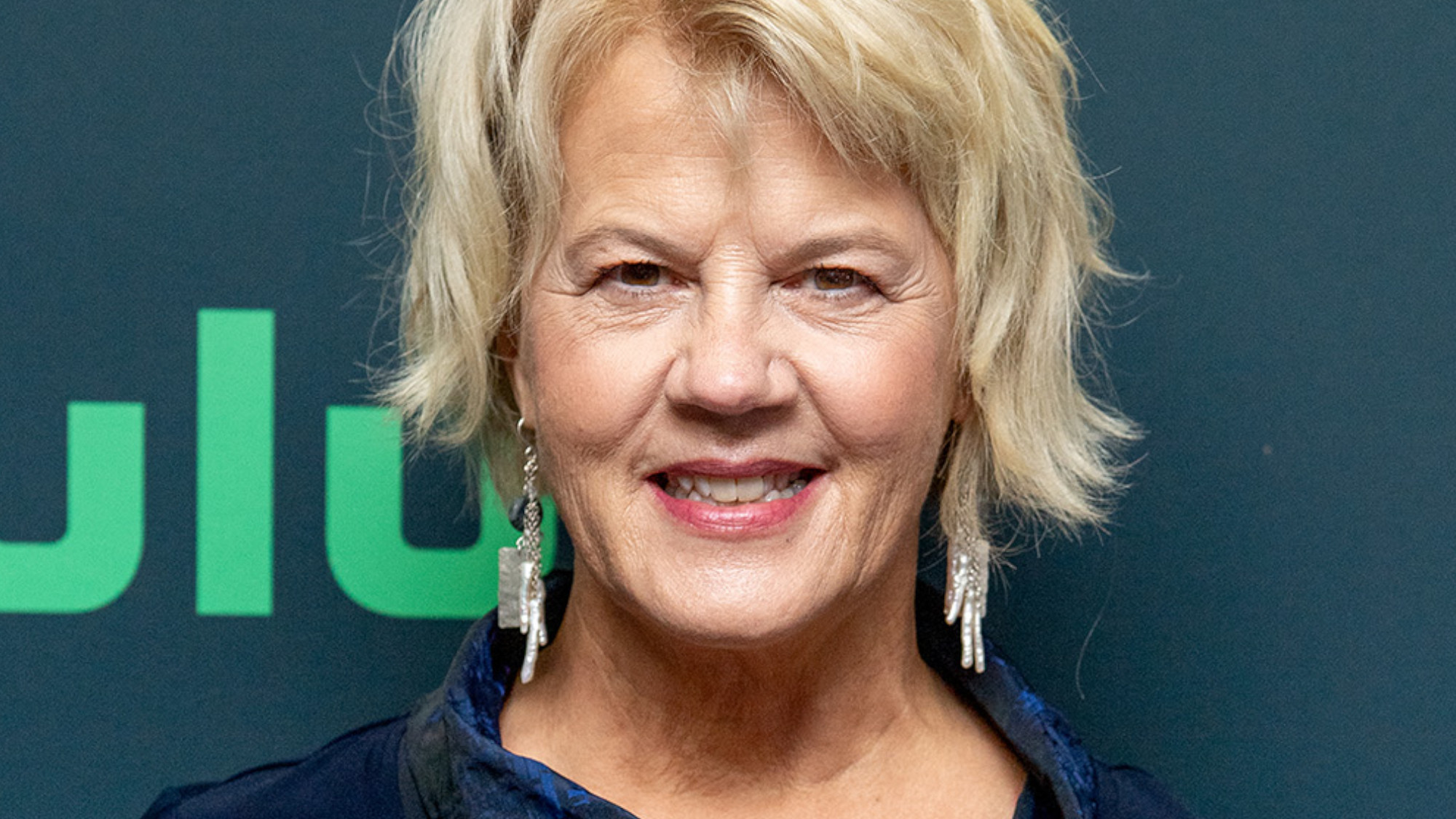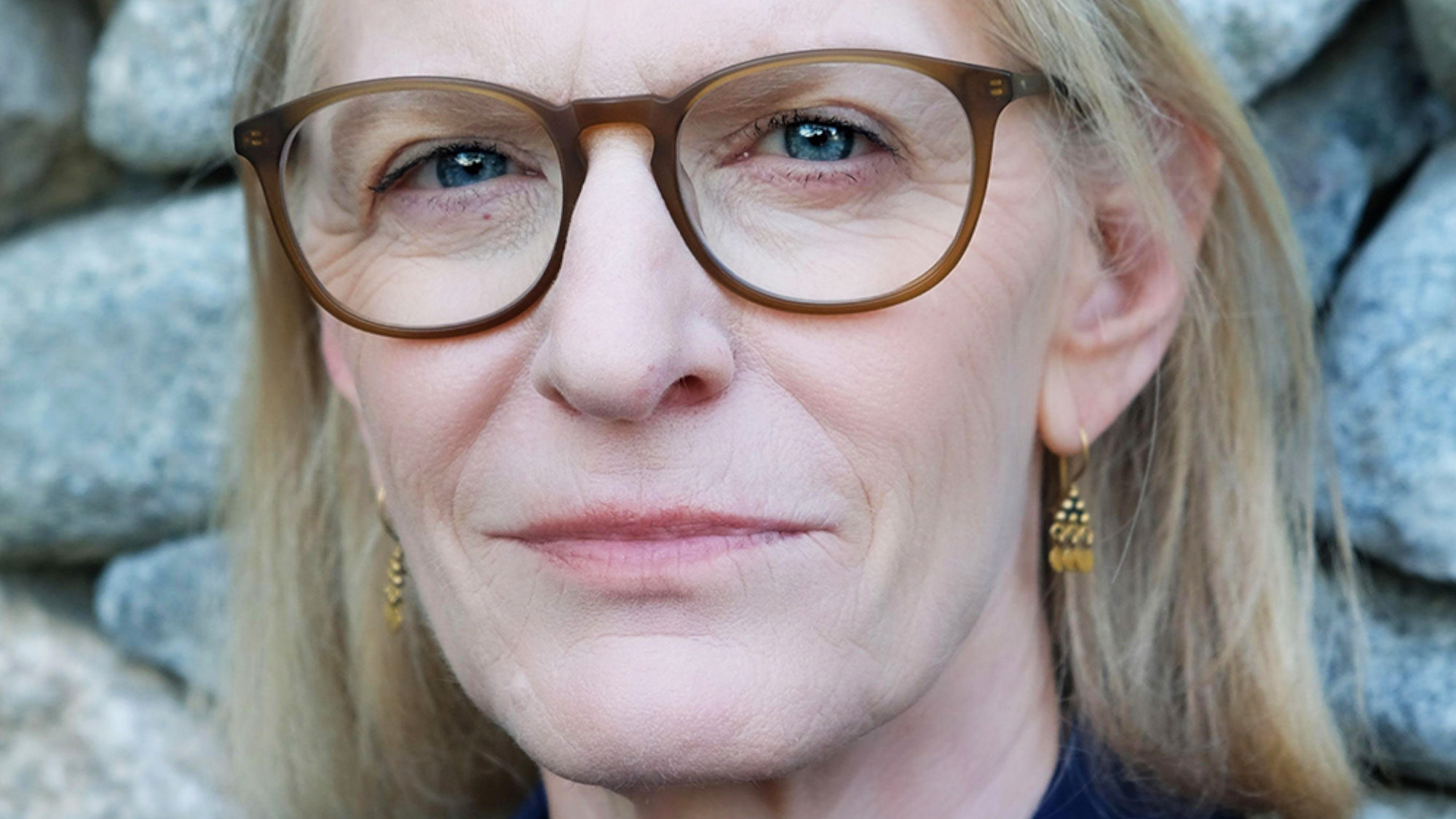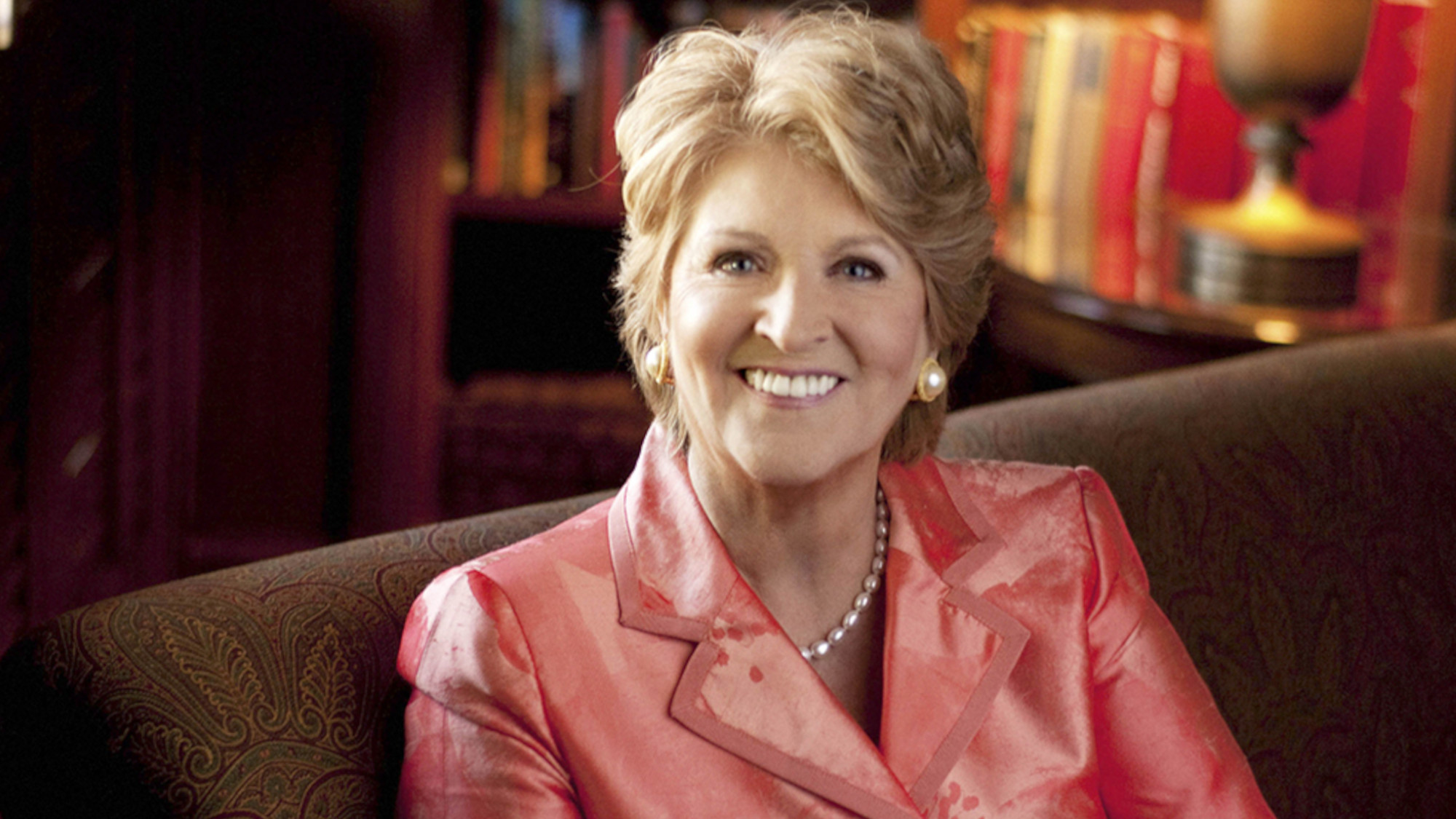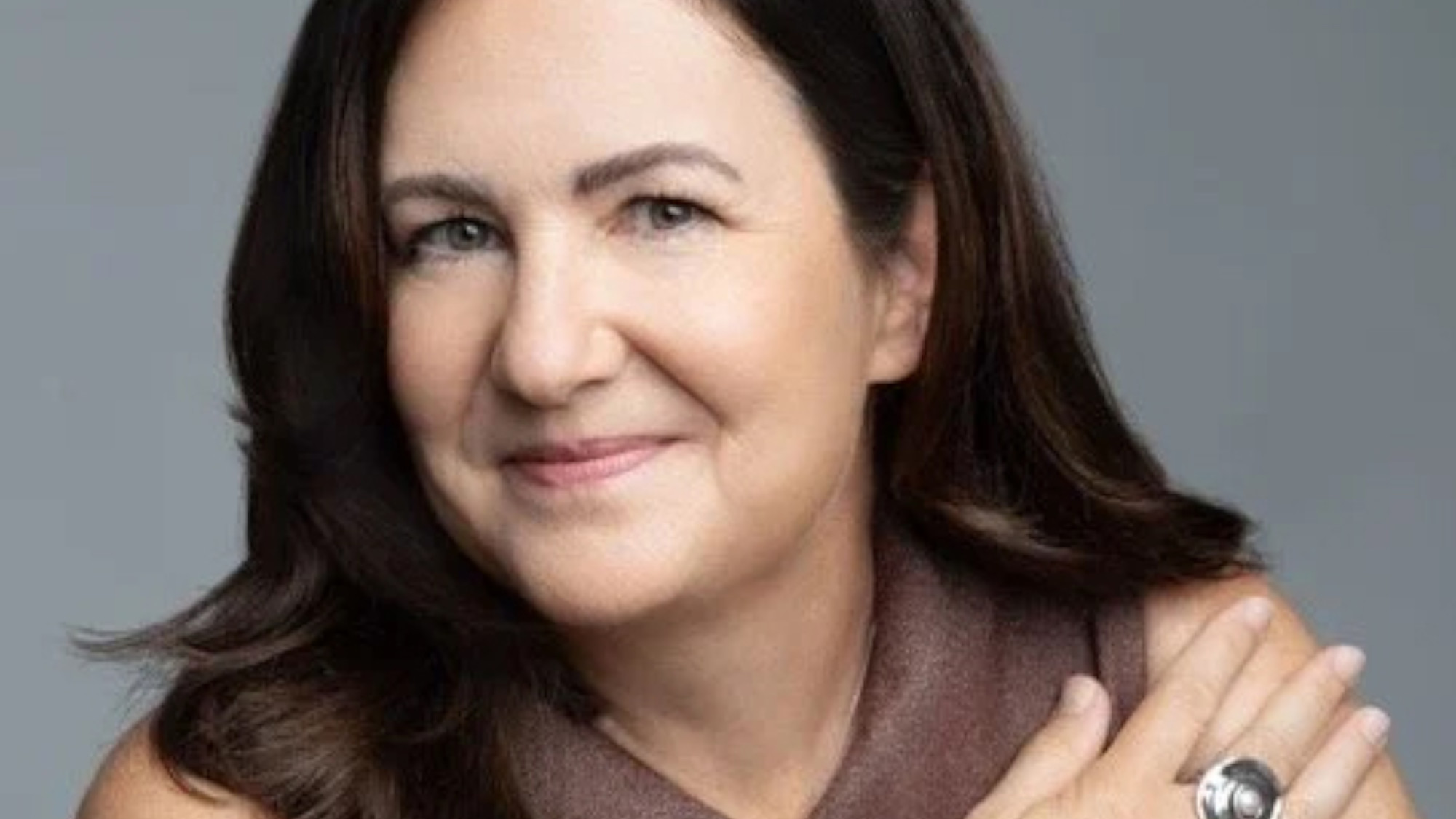Best books … chosen by Thurston Clarke
Thurston Clarke revisits Robert Kennedy’s unconventional 1968 presidential bid in his new book, The Last Campaign. Below, the veteran writer lists six favorite works about other political maver
A free daily email with the biggest news stories of the day – and the best features from TheWeek.com
You are now subscribed
Your newsletter sign-up was successful
The Nightingale’s Song by Robert Timberg (Free Press, $16). Timberg masterfully weaves together the biographies of five Naval Academy graduates—John McCain, James Webb, Oliver North, Robert McFarlane, and John Poindexter—who have had illustrious, or infamous, careers as public servants. The two biggest mavericks among them, McCain and Webb, could even face each other this fall, should Barack Obama ignore Webb’s disavowal of interest and choose him as a running mate.
The Rise of Theodore Roosevelt by Edmund Morris (Modern Library, $18). A smashing biography spanning the period from TR’s birth to his assumption of the presidency following McKinley’s assassination. One hopes that John McCain, who claims to have inherited TR’s mantle, has read this portrait of his idol and pondered their differences.
Justice For All by Jim Newton (Riverhead, $18). A moderate Republican governor is nominated to the Supreme Court by a Republican president and becomes a boogeyman to generations of conservatives. Jim Newton does a fine job of explaining Earl Warren and the nation that the principled chief justice made.
The Week
Escape your echo chamber. Get the facts behind the news, plus analysis from multiple perspectives.

Sign up for The Week's Free Newsletters
From our morning news briefing to a weekly Good News Newsletter, get the best of The Week delivered directly to your inbox.
From our morning news briefing to a weekly Good News Newsletter, get the best of The Week delivered directly to your inbox.
FDR by Jean Edward Smith (Random House, $20). This 2007 work offers no new scandals or revelations. But it is the most judicious and smoothly written one-volume biography of a remarkable man—America’s most notorious “traitor to his class.”
George Orwell by Bernard Crick (out of print). My only novel, Thirteen O’Clock, revolved around the writing of 1984, and I used Crick’s biography as my principal source. Crick does an admirable job of connecting Orwell’s personal experiences with his writings. His book prompts the painful question: Is there anyone in politics or the media today who shares Orwell’s courageous , and reckless, determination to speak uncomfortable truths?
Profiles in Courage by John F. Kennedy (HarperCollins $22). Not all of the eight U.S. senators profiled by Kennedy in this book were lifelong mavericks, but all faced moments when they had to decide between voting their consciences or bowing to pressures from their parties and constituents. Robert Kennedy, in a forward written shortly after his brother’s assassination, cited Thomas Carlyle’s observation that, “The courage we desire and prize is not the courage to die decently but to live manfully”—a fitting epitaph for any political maverick.
A free daily email with the biggest news stories of the day – and the best features from TheWeek.com
-
 Health insurance: Premiums soar as ACA subsidies end
Health insurance: Premiums soar as ACA subsidies endFeature 1.4 million people have dropped coverage
-
 Anthropic: AI triggers the ‘SaaSpocalypse’
Anthropic: AI triggers the ‘SaaSpocalypse’Feature A grim reaper for software services?
-
 NIH director Bhattacharya tapped as acting CDC head
NIH director Bhattacharya tapped as acting CDC headSpeed Read Jay Bhattacharya, a critic of the CDC’s Covid-19 response, will now lead the Centers for Disease Control and Prevention
-
 Beth Macy’s 6 favorite books about living in a divided nation
Beth Macy’s 6 favorite books about living in a divided nationFeature The journalist recommends works by Nicholas Buccola, Matthew Desmond, and more
-
 Gilbert King’s 6 favorite books about the search for justice
Gilbert King’s 6 favorite books about the search for justiceFeature The journalist recommends works by Bryan Stevenson, David Grann, and more
-
 Nathan Harris’ 6 favorite books that turn adventures into revelations
Nathan Harris’ 6 favorite books that turn adventures into revelationsFeature The author recommends works by Kazuo Ishiguro, Ian McGuire, and more
-
 Marisa Silver’s 6 favorite books that capture a lifetime
Marisa Silver’s 6 favorite books that capture a lifetimeFeature The author recommends works by John Williams, Ian McEwan, and more
-
 Lou Berney’s 6 favorite books with powerful storytelling
Lou Berney’s 6 favorite books with powerful storytellingFeature The award-winning author recommends works by Dorothy B. Hughes, James McBride, and more
-
 Elizabeth Gilbert’s favorite books about women overcoming difficulties
Elizabeth Gilbert’s favorite books about women overcoming difficultiesFeature The author recommends works by Tove Jansson, Lauren Groff, and more
-
 Fannie Flagg’s 6 favorite books that sparked her imagination
Fannie Flagg’s 6 favorite books that sparked her imaginationFeature The author recommends works by Johanna Spyri, John Steinbeck, and more
-
 Jessica Francis Kane's 6 favorite books that prove less is more
Jessica Francis Kane's 6 favorite books that prove less is moreFeature The author recommends works by Penelope Fitzgerald, Marie-Helene Bertino, and more